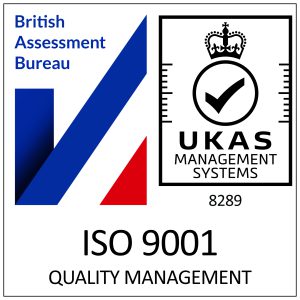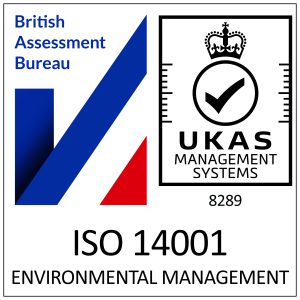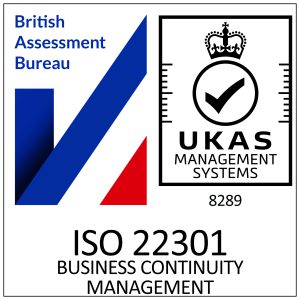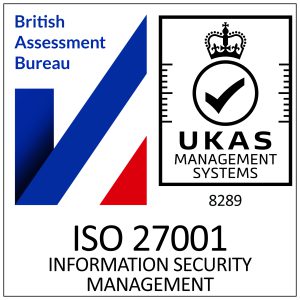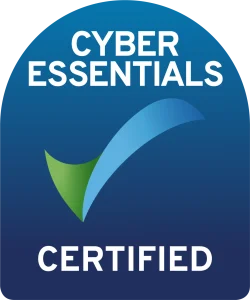Does DBS Check Show Arrests?
DBS checks (formerly CRB checks) are essential tools for evaluating an individual’s suitability for certain roles, particularly those involving vulnerable groups. When it comes to arrests and DBS checks, there is often confusion regarding what information is disclosed. In this article, we will delve into the details and complexities of DBS checks and explain if DBS Check show arrests.
Understanding DBS Checks and Arrests:
A DBS check is designed to provide information about an individual’s criminal history. However, it’s important to note that DBS checks primarily focus on convictions rather than arrests. A conviction occurs when a person has been found guilty of a criminal offence by a court.
“Did you know many organisations require DBS Checks to be renewed as frequently as every six months, Learn about the DBS Renewal Process.”
Do Arrests Show Up on a DBS Check?
In most cases, an arrest alone will not appear on a DBS check. This is because an arrest does not indicate guilt or conviction. However, there are circumstances where certain information related to arrests might be disclosed on a DBS check.
- Charges Resulting in Conviction: If an arrest leads to a subsequent conviction, the conviction itself may be disclosed on a DBS check. The arrest itself, without conviction, is unlikely to be included.
- Relevant Police Information: In exceptional cases, the police might include additional information on a DBS check if they deem it relevant to the role being applied for. This could involve instances where an individual has a pattern of arrests or police intelligence that raises concerns about their suitability.
- Disclosure and Barring Service’s Discretion: The Disclosure and Barring Service (DBS) holds the authority to disclose certain non-conviction information if it is considered relevant, proportionate, and in the public interest. This is done to ensure the safety and well-being of vulnerable individuals.
Understanding the Distinction: Arrests vs Convictions
It is important to differentiate between arrests and convictions. An arrest signifies that an individual has been taken into custody by law enforcement officers. However, it does not necessarily imply guilt or wrongdoing. On the other hand, a conviction denotes that a person has been found guilty of a criminal offence by a court.
Implications for Employers and Individuals:
For employers, it is crucial to understand that a DBS check primarily focuses on convictions. An arrest alone is not an indicator of an individual’s criminal record and should not be the sole basis for making employment decisions. Employers should consider the nature of the role and the relevance of past convictions, if any, in relation to the position being applied for.
For individuals, it’s essential to be aware of the limitations and scope of DBS checks. If you have been arrested but not charged or convicted, it is unlikely that the arrest will appear on a DBS check. However, be prepared to disclose any relevant information if specifically asked during the application process.
Fast-track your application and apply now to see if your DBS Records are clear.
In conclusion, arrests alone do not typically appear on a DBS check, it is important to understand the distinction between arrests and convictions. Employers should exercise discretion when considering an individual’s criminal record, and individuals should be aware of their rights and responsibilities when disclosing information.
Read also: Do DBS Checks reveal motoring offences?















